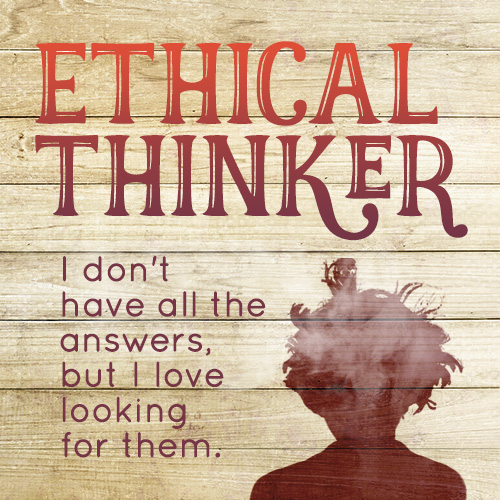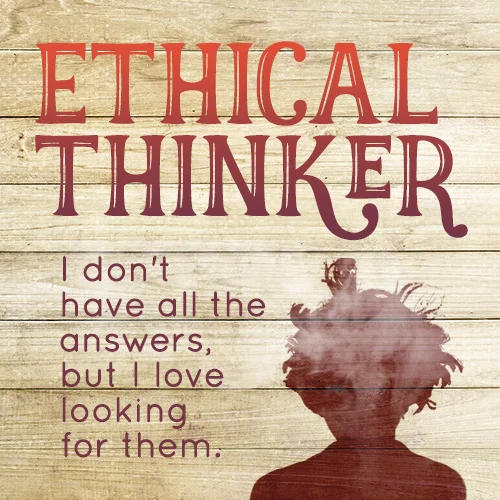Take your university student to vote on Thanksgiving weekend
/There are close to a million full-time university students in Canada. Many of them are young people who have moved temporarily to a university town to pursue their degree. A lot of those students will be traveling home for the Thanksgiving holiday. For a lot of parents, it will be a weekend of reconnecting with their kids, filling them with turkey and pumpkin pie, and possibly doing a load of laundry or two. But this Thanksgiving is different.
Take the Turkey Vote Challenge
This Thanksgiving there is one more thing you should add to your family plans: Going to vote in the 42nd Canadian federal election. Although the election takes place a week after Thanksgiving (on October 19), the advance polls are open all Thanksgiving weekend (Friday through to Monday) from noon until 8pm. So take a break from the baking and stuffing and take a walk or drive to the polling station.
Are young people apathetic? Not usually...
Young people in Canada are often described as apathetic. This is partly because they tend not to vote in elections. In the 2011 election, only 39% of Canadians between the ages of 18 and 24 voted in the election. When you compare that to the much higher turnout rates for older voters (72% for ages 55 to 64 and 75% for ages 65 to 74), it is clear who is choosing the government in our country.
Low voter turnout, however, doesn't mean young people are apathetic. In fact, a recent report found that millennials are actually more politically active than their parents. Angela, a Montreal-area photographer, made it a priority to ensure her kids felt like they had a voice. That resulted in them both being politically active, but in different ways.
"We encouraged our kids early on to find the issues that interested them and then find the party that spoke to those issues, to personalize the political process for them. It has been a great way to generate an interest in politics for our kids.
My son was interested in politics from a strangely young age, touring the campaign headquarters of the local candidates during the 2008 federal election ( when he was 11 and of his own volition). His interest scored him an invitation to spend the day at Parliament Hill when our local candidate took office.
My daughter does not share my son's interest in federal/provincial politics, but she has grown into a solid little social activist when it comes to women's issues and racial inequality and white privilege."
Jane from Ottawa, who writes the Daly Beauty blog, says that making politics about the humans in our government and Parliament drew a direct line from dinner table conversations to the voting booth.
"From the time both of our daughters were little, politics were always discussed over dinner, from local to federal. I always drew a connection between what is happening in our community and society and who is in power. We talked about real issues over dinner, and the passion was contagious. To them, politics is as much about people as it about issues."
Jane will be going to the advance polls with her youngest daughter who is coming home from university this Thanksgiving.
Laurel, an Ottawa-based communications and social media consultant, emphasizes the importance of voting with her kids.
"We have always encouraged our children to be part of the process when they can. If there's a problem or a negative aspect to something, don't just complain, offer a solution or positive suggestion. The same goes for voting. You can't complain if you don't vote. As well, I have always taught both of my children that their opinion matters and that every little bit counts (in many different scenarios) and I have used this same mindset when discussing voting and how it's important to voice your opinion through your vote."
Laurel is also encouraging her son, who will be voting for the first time, to research and learn something about each of the candidates so that he can make an informed decision.
If your son or daughter is not coming home for Thanksgiving, that doesn't mean that they can't vote. Students can vote wherever they consider "home", whether that is where they came from or where they live now. Jennifer from Nova Scotia has a son who turned 18 after the most recent provincial election, so this will be his first chance to vote.
"I was a political science student when he was born so he has been learning politics since he was in the womb. Government, elections and citizenship are a frequent topic of conversation in our home so it's no surprise to me that he's keen to vote. He left the province for his first year of university and won't be home until Christmas so he's looking into how he can cast a vote by mail in his home riding."
To learn more about voting by mail, see the instructions from Elections Canada.
Make voting a habit and a family tradition
Repetition is key to making habits stick. I was excited to vote when I first turned 18 and I had lots of opportunity right out of the gates. I voted in the 1993 federal election a few months after my birthday, the Quebec provincial elections in 1994, the Quebec referendum in 1995 (by mail from Germany), the federal election in 1997, the Nova Scotia provincial elections in 1998 and 1999, and so on. Every chance I had to vote, I did. I don't always feel like my vote is making a difference, but I know that if most people don't vote, we give too much power to those who do.
When your son or daughter comes home for Thanksgiving, talk them about their new responsibility as an adult. Help them understand why it is important to vote. Then go together to the advance polls and show them how easy it is. Make voting something that your family does together because it is important.
To learn more about registering to vote, voting at the advance polls, and voting by mail, go to Elections Canada's website.


